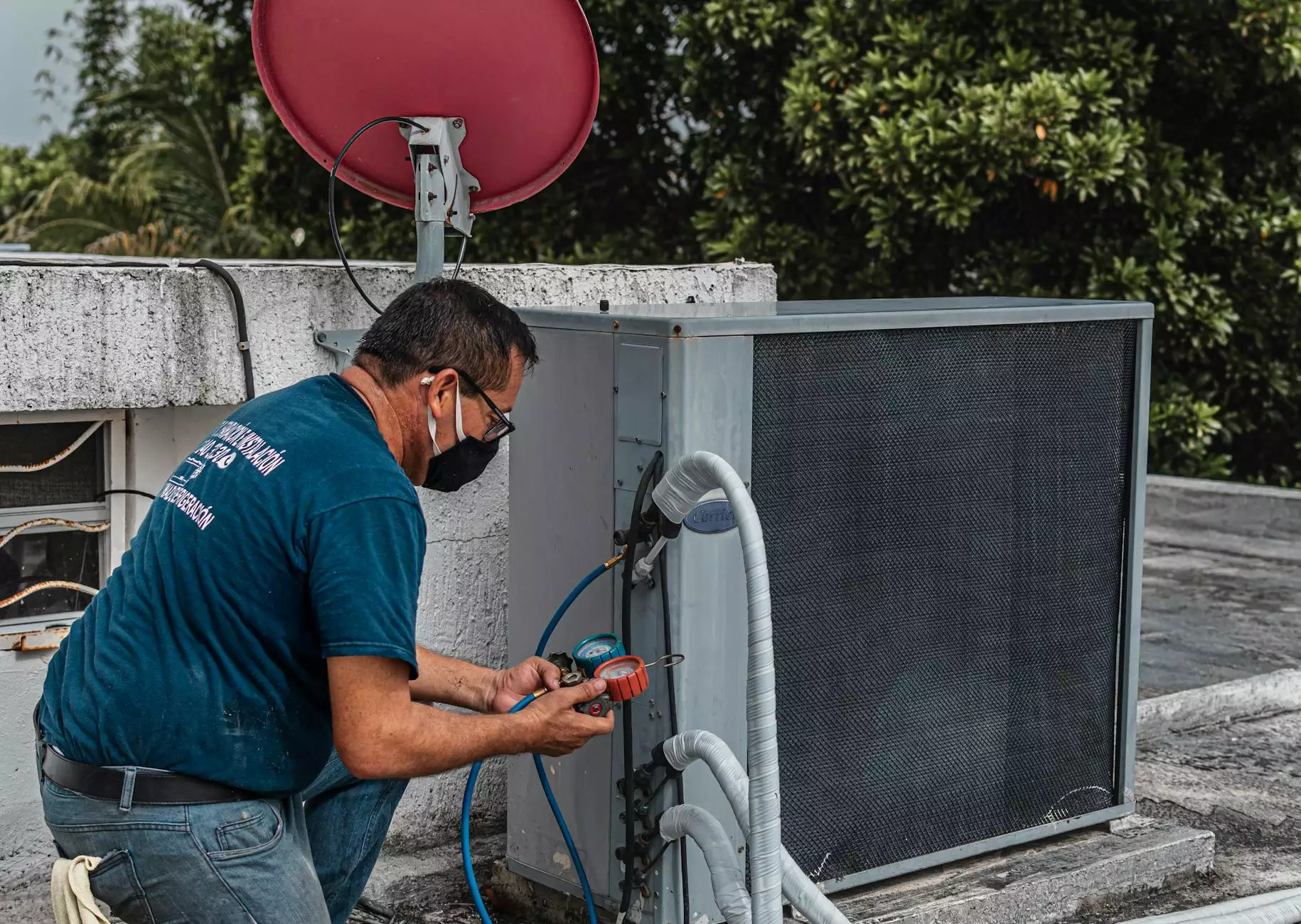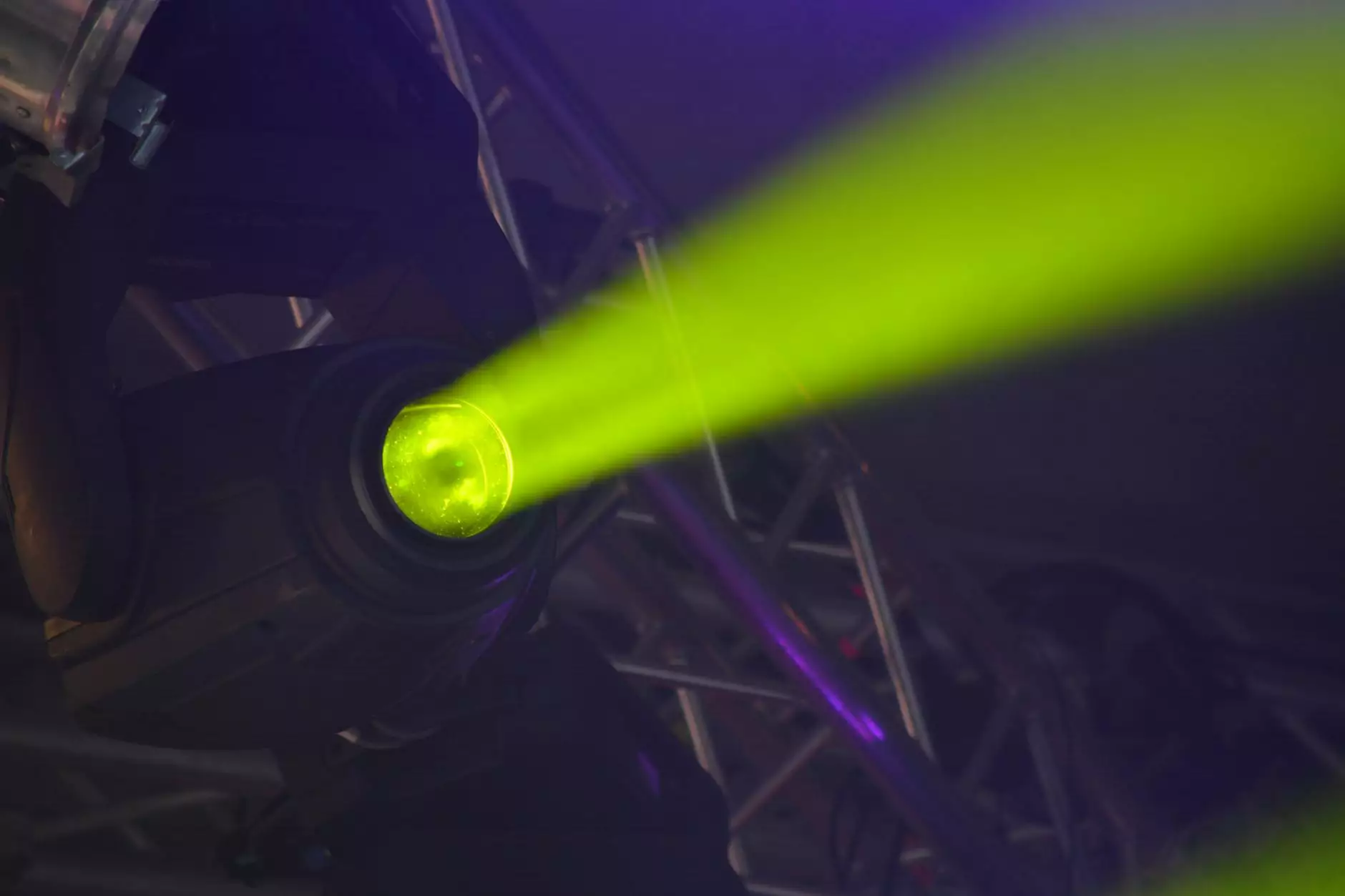Understanding Central Heating & Air Conditioning: A Comprehensive Guide

Central heating & air conditioning systems are crucial elements in modern homes. They provide comfort, improve air quality, and enhance the efficiency of our living spaces. This article is designed to explore various aspects of these systems, the benefits they offer, tips on maintenance, and the best choices for homeowners.
What is Central Heating & Air Conditioning?
The term central heating & air conditioning refers to systems designed to keep your home comfortable throughout the year by managing temperature and air quality. Central heating generally uses various fuels, including gas, electricity, or oil, to heat water or air, which is then distributed throughout the home via a network of ducts or pipes. On the other hand, central air conditioning works by circulating cool air throughout the space, maintaining optimal indoor temperatures even during the hottest months.
Types of Central Heating Systems
There are several types of central heating systems, each with unique advantages and disadvantages. Understanding these can help you make an informed decision about what best suits your needs:
- Furnaces: These systems utilize various fuel types to heat air, then distribute it throughout your home through ducts.
- Boilers: Boilers heat water and either distribute steam or hot water through pipes to radiators or other heating elements.
- Heat Pumps: These systems can create warmth by extracting heat from outside air (or the ground) even in cold weather.
- Radiant Floor Heating: This method involves laying heating coils or mats beneath your flooring, providing warmth from the ground up.
Benefits of Central Heating & Air Conditioning
Opting for a central heating & air conditioning system brings a multitude of benefits, such as:
- Enhanced Comfort: Central systems provide consistent temperatures across every room, making your entire home comfortable regardless of outdoor weather.
- Improved Indoor Air Quality: HVAC systems often include filters that trap dust, allergens, and other pollutants, ensuring cleaner air for your family.
- Cost Efficiency: Modern central heating and cooling systems are designed to be energy-efficient, helping to lower your energy bills while reducing environmental impact.
- Convenient Controls: Smart thermostats and zoned systems allow homeowners to control temperatures easily, only heating or cooling areas that need it.
Choosing the Right HVAC System for Your Home
When it comes to selecting an HVAC system that fits your needs, there are several factors to consider:
1. Assessing Your Home's Size
The size of your home significantly influences the type of heating and cooling system you'll need. Larger homes require robust systems to manage temperature, while smaller dwellings may suffice with simpler solutions.
2. Understanding Fuel Types
The type of fuel available in your area (natural gas, propane, electricity) can dictate what systems are feasible. Research the costs associated with each fuel type to find the most economical option.
3. Evaluating Energy Efficiency Ratings
Examine the Energy Efficiency Ratio (EER) and Seasonal Energy Efficiency Ratio (SEER) ratings to choose systems that will save you the most in utility costs.
Regular Maintenance for Optimal Performance
To ensure your central heating & air conditioning system operates efficiently, regular maintenance is essential. Here’s a maintenance checklist to follow:
- Change air filters every 1-3 months.
- Schedule annual professional inspections and cleaning for both heating and cooling units.
- Check for and seal any leaks in the ductwork.
- Clean the outdoor unit, removing debris and ensuring proper airflow.
Common Issues with Central Heating & Air Conditioning Systems
Being aware of common problems can help you troubleshoot and maintain your HVAC system effectively:
1. Inconsistent Temperatures
If certain rooms in your home are warmer or cooler than others, this may indicate issues with ductwork or uneven insulation.
2. Unusual Noises
Strange sounds coming from your system can indicate various problems, such as loose parts or inefficiencies in operation.
3. Increased Energy Bills
A sudden uptick in energy costs can be a sign of an aging system or one that isn’t functioning optimally; regular maintenance can often remedy this.
Conclusion: Investing in Your Home's Comfort
Investing in a reliable central heating & air conditioning system is pivotal for securing comfort, efficiency, and air quality in your home. By choosing the right system, performing regular maintenance, and understanding your air conditioning and heating options, you can ensure a hospitable environment for your family. Whether you're in need of a new installation or maintaining your current systems, services like those offered by Regraves HVAC can provide expert assistance tailored to your specific needs.









